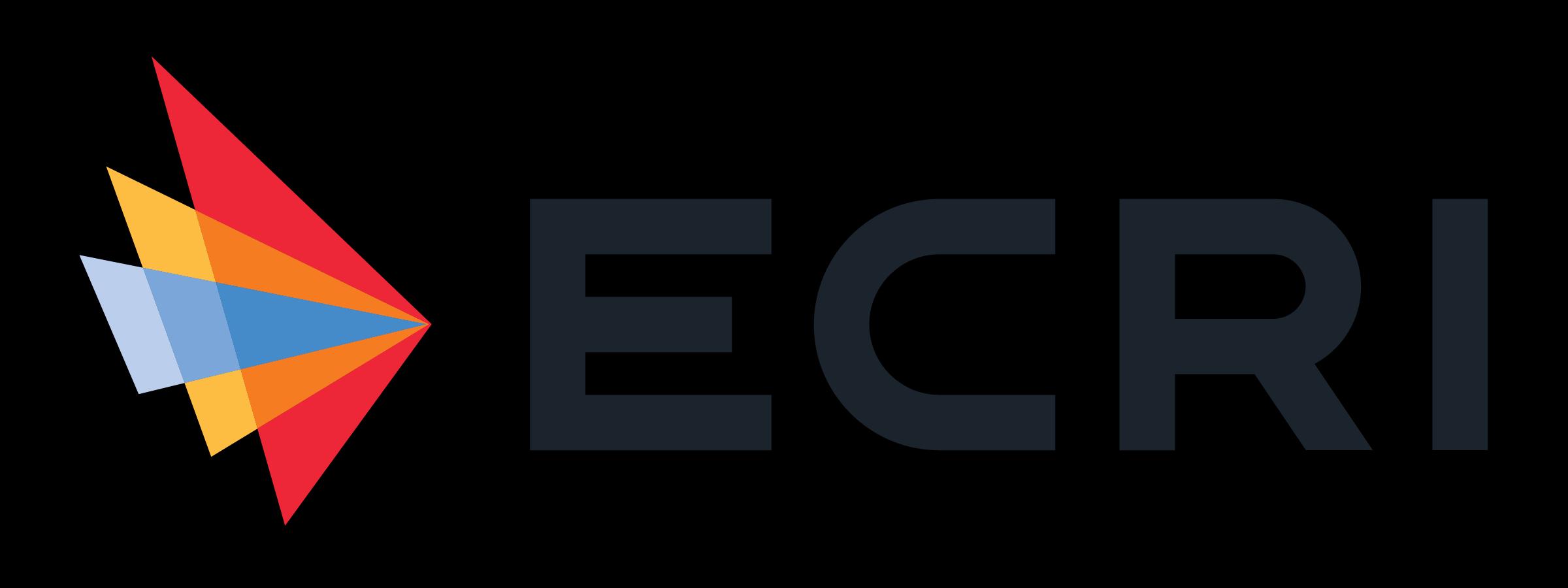
3 minute read
ECRI Perspectives
Spring is in the air elsewhere, and Plymouth Meeting is enjoying Spinter, the season in which it swings from 62 degrees and sunny to 26 and whiteout blizzard overnight. Tank tops and parkas at the ready, here’s what we’re focused on this month:
1. We keep making a difference in medical devices. While investigating a problem reported by a member of ECRI's patient safety organization (ECRI and the Institute for Safe Medication Practices PSO), in which a Baxter infusion pump’s upstream occlusion alarm failed to trigger, we found that the manufacturer was aware of the issue but was initially not planning to notify all users about it. Without an alarm, it is likely that an occlusion would not be noticed, and a patient could go an extended period without the medication.
In response to this safety issue, ECRI began an investigation that resulted in the publication of a Hazard Report in
December 2021. Spurred in part by
ECRI’s investigation, the manufacturer issued a field correction to notify all users. The issue was further escalated to an FDA Urgent Safety Communication in February and a Recall in March.
This case is just one of many that exemplifies one of ECRI's core strengths: the ability to influence manufacturers to do the right thing.
2. We’re so proud of our award-winning staff. Device Evaluation Principal Project Engineer Juuso Leinonen, BEng, was announced as the 2022 recipient of the ACCE-HIMSS Excellence in
Clinical Engineering and Information
Technology Synergies Award. This award recognizes leadership in promoting and implementing synergies between the clinical engineering and information and technology professions with contributions either professional or technical in nature. The recipient of the Excellence in Clinical
Engineering and Information Technology Synergies Award is selected jointly by the Boards of Directors of the
American College of Clinical Engineering (ACCE) and HIMSS, and Juuso was recognized during the 2022 HIMSS Global Health Conference & Exposition in Orlando.
3. We’re publishing new science in the field of duodenoscope cleaning safety and workflows. Device Evaluation Principal Engineer Amanda Sivek served as lead author for a landmark survey of hundreds of frontline staff involved in the precleaning and reprocessing of duodenoscopes. We found:
a) Most respondents experience pressure to work faster when cleaning duodenoscopes.
b) Most finish pre-cleaning in ≤10 minutes and manual cleaning in 16to-30 minutes.
c) Cleaning duodenoscopes caused body fatigue or discomfort for >75% of respondents.
Want to support your colleagues in Central Sterile? Check out our article, Healthcare Worker Feedback on Duodenoscope Reprocessing Workflow and Ergonomics, in the American Journal of Infection Control.
4. We’re expanding our global reachagain. Our Asia-Pacific Office in Kuala
Lumpur is busy ramping up for a big year of device evaluations after a hiatus due to COVID. This evaluation lab provides an opportunity for us to get our hands on products that are not available in the U.S. Keep an eye out for our upcoming coverage of ventilators, high-flow oxygen, O2 concentrators, and vital signs monitors. cerns in conjunction with our affiliate the Institute for Safe Medication Practices (ISMP), to help organizations identify imminent patient safety challenges. The 2022 edition of our list features many first-time topics, and emphasis is on potential risks that could have the biggest impact on patient health across all care settings. The number one topic on this year’s list has been steadily growing throughout the COVID-19 pandemic and impacts patients and staff on all levels: staffing shortages. Prior to 2021, there was a growing shortage of both clinical and non-clinical staff, but the problem has grown exponentially. In early January 2022, it was estimated that 24% of US hospitals were critically understaffed, while 100 more facilitates anticipated facing critical staff shortages within the following week. Want to help your friends in risk and safety? Point them to these safety concerns and systems-based approaches to eliminate them. https://www.ecri.org/top10-patient-safety-concerns-2022
I hope we’re able to connect in person soon! But, in the meantime, wash your hands, support your precious staff, and tell us what you’re seeing.
Erin Sparnon, Senior Engineering Manager, Device Evaluation, ECRI esparnon@ecri.org
5. We’re reaching out to our colleagues in Risk and Safety. ECRI just released our annual Top 10 Patient Safety Con-



